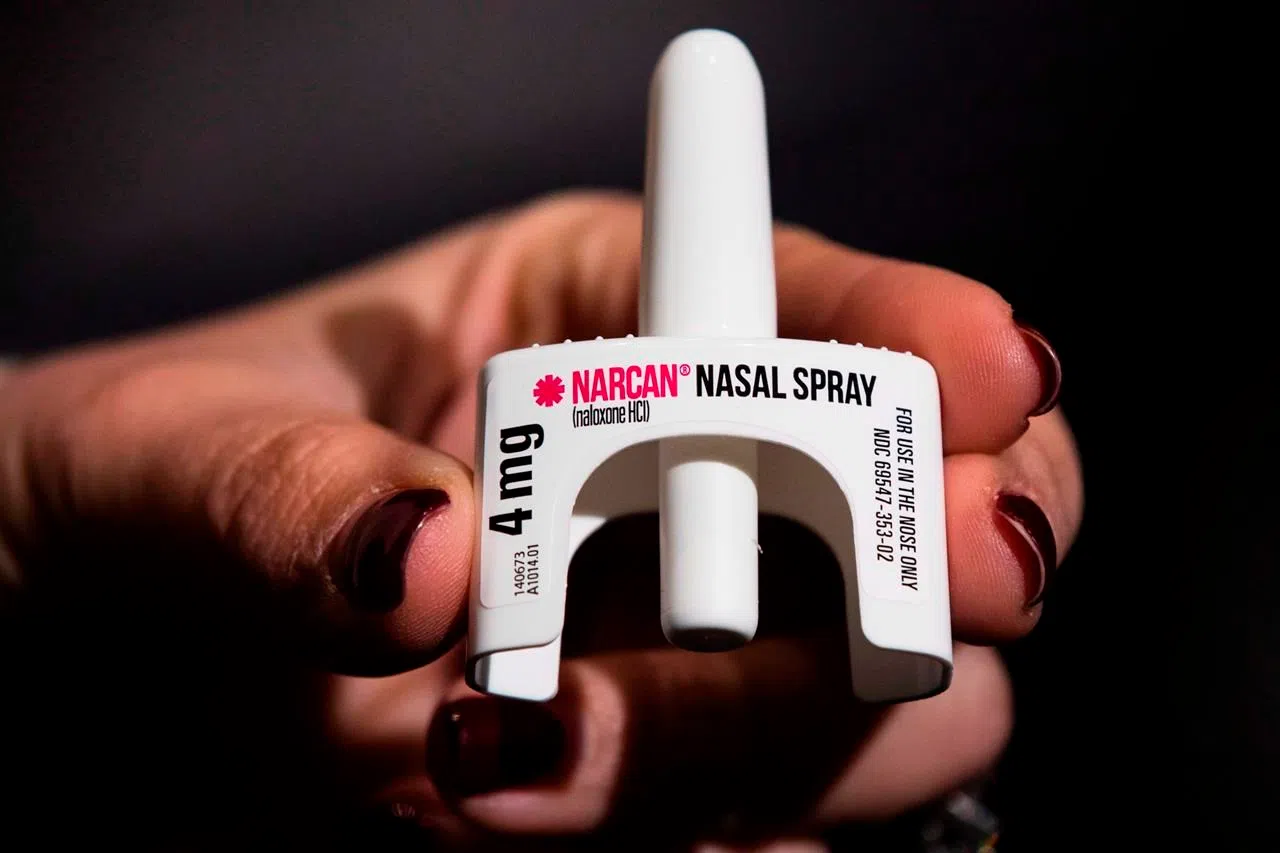
Boys and Girls Clubs to get free supply of opioid overdose-reversing spray
CALGARY — Boys and Girls Clubs of Canada locations across the country are getting a free supply of an opioid overdose-reversing drug.
The youth organization is announcing a three-year partnership with Adapt Pharma Canada, which makes Narcan, or naloxone hydrochloride.
The nasal spray will be available at 700 Boys and Girls Clubs locations across the country.
That includes after-school programs, youth hubs, emergency shelters, group homes and high schools.
